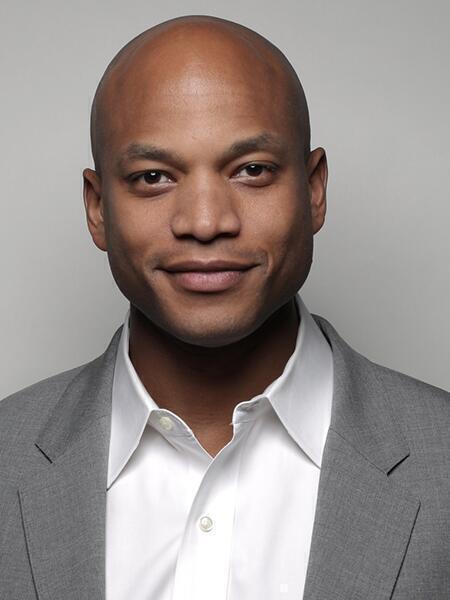Lawrence Joseph Hogan Jr., an American politician and businessman, was born on May 25, 1956. He is notably recognized for his role as Maryland’s 62nd governor from 2015 to 2023. Affiliated with the Republican Party, Hogan is the progeny of Lawrence Hogan, a three-time U.S. representative. His leadership extended to the National Governors Association, where he served as chair from 2019 to 2020.
Before his governorship, Hogan pursued a seat in Maryland’s 5th congressional district in 1981 and 1992, narrowly missing victory in the latter attempt against Steny Hoyer. His political journey also included a stint as the Maryland Secretary of Appointments under Governor Bob Ehrlich from 2003 to 2007. In 2011, he established Change Maryland, a platform that significantly contributed to his successful gubernatorial campaign in 2014. As a self-described moderate Republican, Hogan won against Democrat Anthony Brown in 2014 and secured reelection in 2018, marking him as the first two-term Republican governor in Maryland since Theodore McKeldin. His tenure concluded in 2023 due to term limits, and he left office highly regarded nationwide.
Post-governorship, Hogan initially emerged as a potential candidate for the 2024 Republican presidential nomination, though he ultimately declined to pursue it. Instead, there’s speculation about a possible third-party run for the presidency.
Hogan’s early life unfolded in Washington, D.C., and Landover, Maryland, with his education spanning from Saint Ambrose Catholic School to DeMatha Catholic High School, and eventually, Florida State University, where he earned a degree in government and political science. His political engagement began early, influenced by his father’s career. Hogan’s own political aspirations saw him running for Congress at 24 and later establishing Hogan Companies, a venture in real estate. Despite a challenging race against Hoyer in 1992, Hogan’s political and business pursuits continued, leading to his significant role in Ehrlich’s administration and eventually his own impactful governorship.
As Maryland’s governor, Hogan was known for his centrist approach and pragmatic leadership. Despite Maryland’s Democratic-leaning tendencies, Hogan’s popularity soared, marked by a high approval rating. His tenure was characterized by a hands-off legislative strategy, frequent vetoes against a Democratic supermajority in the General Assembly, and significant battles over education funding and environmental policies.
Hogan’s environmental policies were mixed, with notable actions against hydraulic fracturing and efforts to reduce greenhouse gas emissions, but also criticisms for his transportation and energy policies. His handling of the COVID-19 pandemic in Maryland was proactive, with early emergency declarations and significant measures to control the spread.
Hogan’s personal life is marked by his marriage to Yumi Hogan and his battle with non-Hodgkin lymphoma, from which he emerged in remission. His story is one of resilience, both personally and politically, navigating a diverse and often challenging political landscape.

